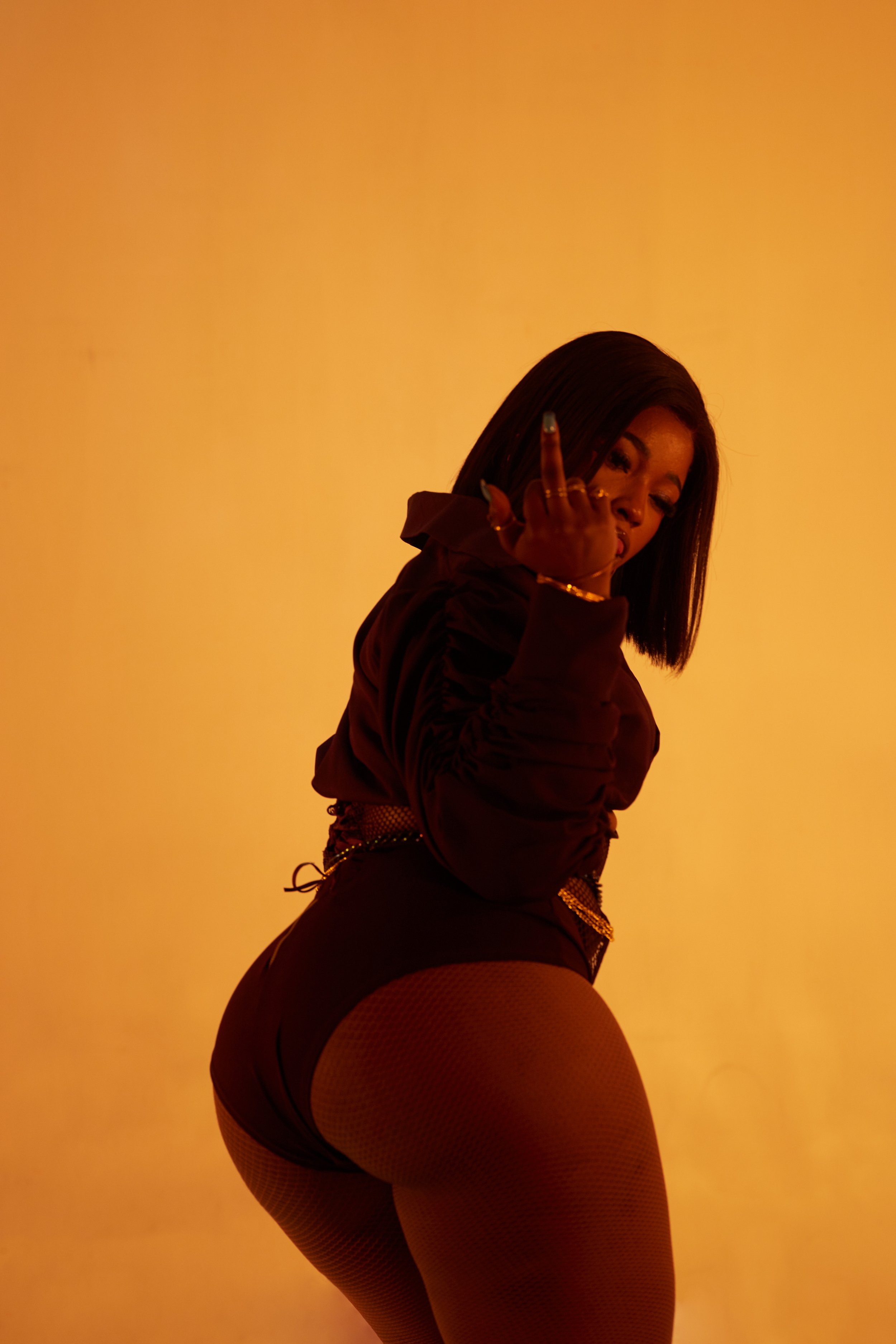Siren Season: Girls Just Wanna Have Fun with SGaWD
Labels are ill-equipped to define the extent of SGaWD’s sound.
The word siren is a forked road. Sirens, as temptresses, are sensual and seductive, alluring to men and the harbingers of their destruction. As a warning, sirens alert listeners to trouble on the horizon. These definitions serve as separate but distant relatives. With SGaWD, the world takes on a new meaning as a reference to her fanbase. The layered meanings of sirens are an embodiment of her multitudes as an artist and a woman.
Recognized as one to watch by the Recording Academy and Billboard, SGaWD’s recent New York show is yet another notch in her belt and joins the slew of East and West Coast shows she’s performed this year. With the release of her latest, The GaWD Side A, she knows this, and it’s time for everyone else to understand it, too. It’s siren season, and SGaWD is here.
In 2009, Lady Gaga said, “Let’s have some fun; this beat is sick.” Seddy, also known as SGaWD, took this seriously. A borderless artist, SGaWD is impossible to label. The parameters of genre as neat classifications are necessary, especially concerning the rules and theory of creative projects. But what happens to artists who straddle the lines of multiple categories, create something new, and exist beyond the subcultures within? What do we do, and how do we define them? The answer is simple: you don’t.
Labels are ill-equipped to define the extent of SGaWD’s sound. An amalgamation of sounds reminiscent of Nigeria and her diasporic connections, her sound is fresh, fun, and feel-good. Whether she’s playing with the sounds of UK garage or house, with trap or dancehall, with hip-hop or Afropop, SGaWD’s focus is “more on the feeling than the actual genre,” and that’s why “Dump All Your Worries on the Dance Floor,” a dance-infused rap track is so different from the cadence of “Cool.” For SGaWD, “music is just about lyricism and pockets and rhythm.”
Listeners will know this from her 2021 project, Savage Bitch Juice, a six-track EP where SGaWD establishes herself as one to watch. On “Pop Shit,” she raps “Friends and foes, I ain’t Jesus, so it’s definitely death to foes,” and makes a name for herself not only as lyrically sound but capable of holding her own. Tracks like these demonstrate how important it is for SGaWD to have fun on each track and to be cheeky, engaging, and confident. SGaWD enjoys music; she enjoys the process of making music and wants her listeners to do the same. SGaWD’s sound is simply SGaWD’s sound; there’s no need to overthink, “Just label it feel-good music.”
Her latest project, The GaWD, Side A, takes it further. On Boytoy, she says, “Girls like me, you know we like sex,” a brazen and honest admission of female pleasure that’s often touted as shameful rhetoric. Boytoy is particularly exciting and just a small indicator of her range. “I keep the lyrics nice. I keep the pockets interesting. I throw a little bit of storytelling in there.” In doing so, she asserts her autonomy and confidence and crafts a fine tale of female independence and womanhood. This focus on feeling good is far from hedonistic, and instead, track by track is a layered purpose and understanding of who SGaWD is, the abundance she contains, and serves its purpose as a siren call to the women in her life and the community she prioritizes.
The eldest daughter syndrome is familiar to many women from Black and immigrant households. The oldest and only daughter born into a Nigerian household, SGaWD decided to leave Miami and her training as a Maritime Lawyer to return to Lagos and pursue her music full-time. She has gained international credits in four years, performing in Nigeria, the United Kingdom, and the United States, an incredible feat as an independent artist. In 2023, she curated The Aquarium, a For Us by Us sonic showcase of female talent, and keenly collaborates with platforms that support women. This pride in her identity as an artist and Nigerian woman is intentional because “there’s no reason not to champion women. Every time I think about it, there’s no answer that’s justifiable.”



She attributes this to the women in her life. “My mum is very big on women empowerment. So, growing up around a woman who brought other women close to her, both in the family and outside, seeing how much she places an importance on community with women made me do the same thing.” This outpouring of communal support also means recognizing the span of womanhood and the many ways our experiences are not monolithic. Her confidence is rooted in the surety of herself and her body and a call to other women to do the same.
“If you are trying to win in life as a woman, you need to understand what’s really going on out there.” Her sex positivity counters the faux morality of conservative tradition, and instead, she creates her own path. SGaWD’s message is simple, “Me, I’m good. I do it my own way.” There is no one way to be a woman; womanhood is not a paradox but an avenue of boundless exploration. “I think that's what it is as a Black woman. It's essential to have these conversations about life.” SGaWD is an example of music as a communal and communicative tool.
The possibilities are boundless with the release of The GaWD, Side A, the first part of a two-part project. “I can release anything I want, whether I’m a rapper or I’m a singer, I can release anything.” On The GaWD, the lyrics are sharper, the beats are groovier, and SGaWD is just getting started. One thing is clear: siren season is unending, and SGaWD is here for a good and extremely long time.


